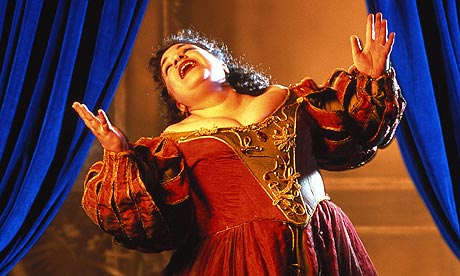
Scientists have taught stroke patients to talk again by getting them to sing words instead of speaking them.
The technique, known as "melodic intonation therapy", led to patients recovering their speech after other attempts at rehabilitation had failed.
Doctors are now testing the therapy in 30 stroke patients to assess how many people who lose their speech after a stroke would benefit.
Gottfried Schlaug, a professor of neurology at Harvard Medical School, found that patients who suffered a stroke on the left side of their brain were unable to speak, but could often be taught to sing words instead.
One patient was unable to speak voluntarily but after therapy could sing the phrase "I am thirsty." Another patient could only manage the letters N and O before receiving the treatment, but after undergoing training sessions was able to sing the words "happy birthday to you".
"This patient has meaningless utterances when we ask him to say the words but as soon as we asked him to sing, he was able to speak the words," Schlaug told the American Association for the Advancement of Science meeting in San Diego.
In Britain, 150,000 people suffer a stroke each year, with around 67,000 being fatal. A fifth of those who survive experience some impairment to their speech.
The treatment appears to capitalise on the "plasticity" of the brain's neural connections, by training different parts of the brain to take over functions that are usually performed in another region.
Brain scans of patients whose stroke affected the left side of their brain showed functional and structural changes on the right side after they had received the therapy.

